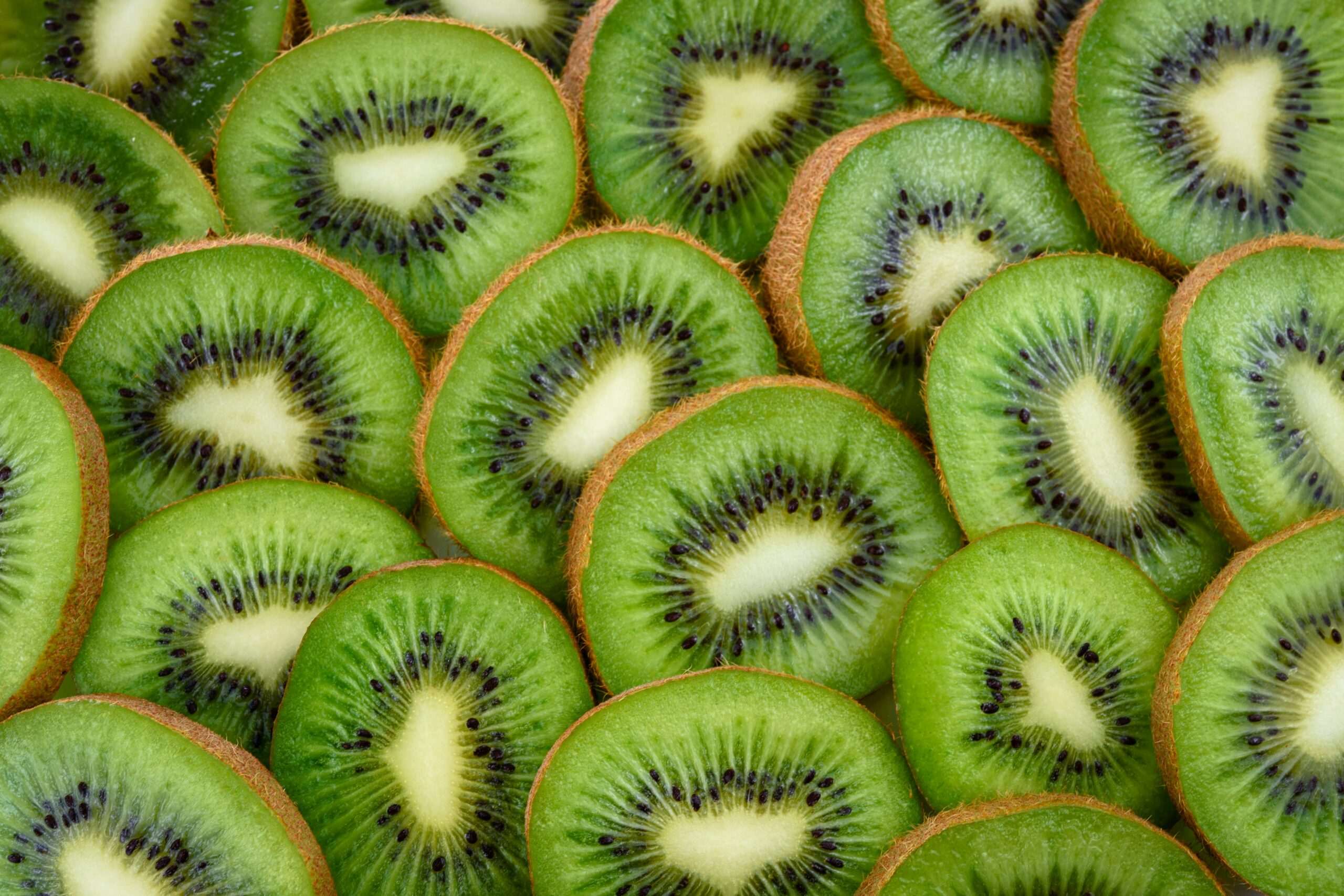Including kiwi in your winter diet brings numerous health benefits, making it a valuable addition during the colder months. This vibrant fruit is rich in essential nutrients and is perfectly in line with the seasonal offering, guaranteeing freshness and great taste.
 Seasonal availability
Seasonal availability
Eating seasonal produce like kiwi means you're eating the fruit at its best, with the most nutritional value and the best flavor. In December, the fruit softens and becomes sweeter, which is a sign that it's ready to eat.
Strengthening immunity
In winter, colds and flu are more common. Kiwi is rich in vitamin C, which is essential for strengthening the immune system. Eating two kiwis a day can meet part of the daily requirement for vitamin C and reduce the need for supplements.
Better digestion
Holiday meals can often put a strain on digestive function. Kiwi contains a natural enzyme called actinidin, which helps digest protein and improves gut health. Its high fiber content, in turn, promotes regular bowel function.
 Support for heart health
Support for heart health
In winter, when physical activity is reduced, it is important to maintain heart health. Kiwi is rich in potassium, which helps regulate blood pressure. The antioxidants in this fruit, such as flavonoids and polyphenols, reduce bad cholesterol and protect the cardiovascular system.
Skin protection
Winter can cause dry, lifeless skin. The vitamins C and E in kiwifruit stimulate collagen production, which keeps skin firm and youthful. The antioxidants in this fruit also prevent premature skin aging.
Including kiwi in your winter diet will not only add a refreshing flavor to your menu, but it will also help you stay healthy during the cold months. It can be eaten on its own, added to salads, or blended into smoothies, offering you a variety of ways to enjoy its benefits.
